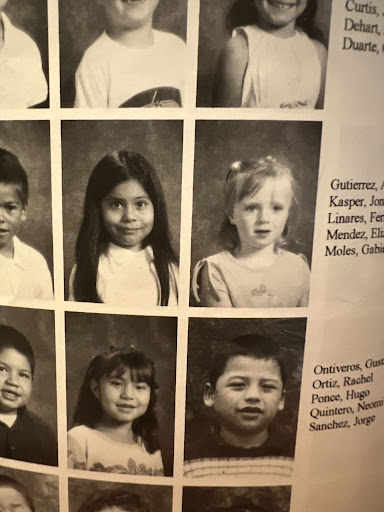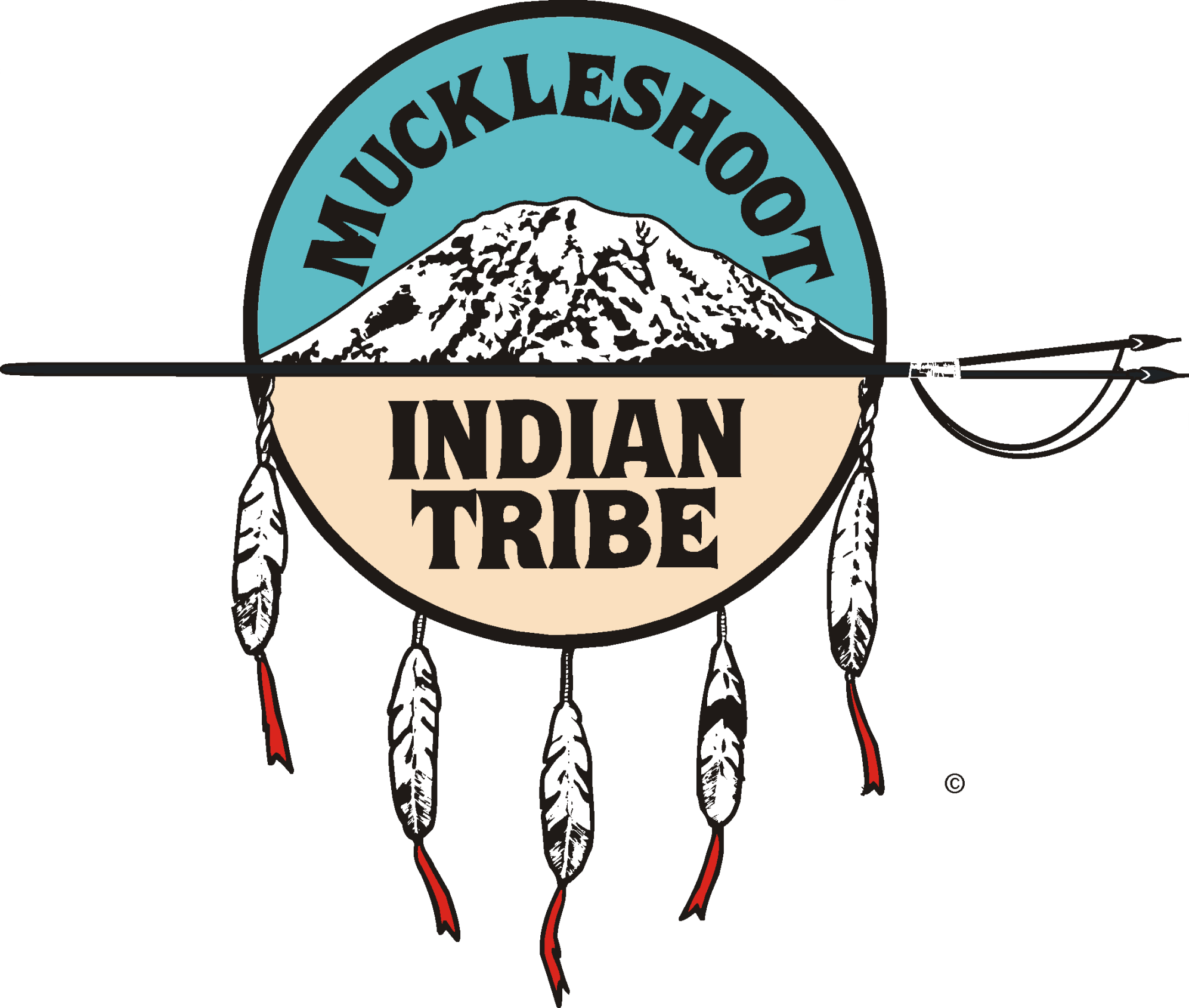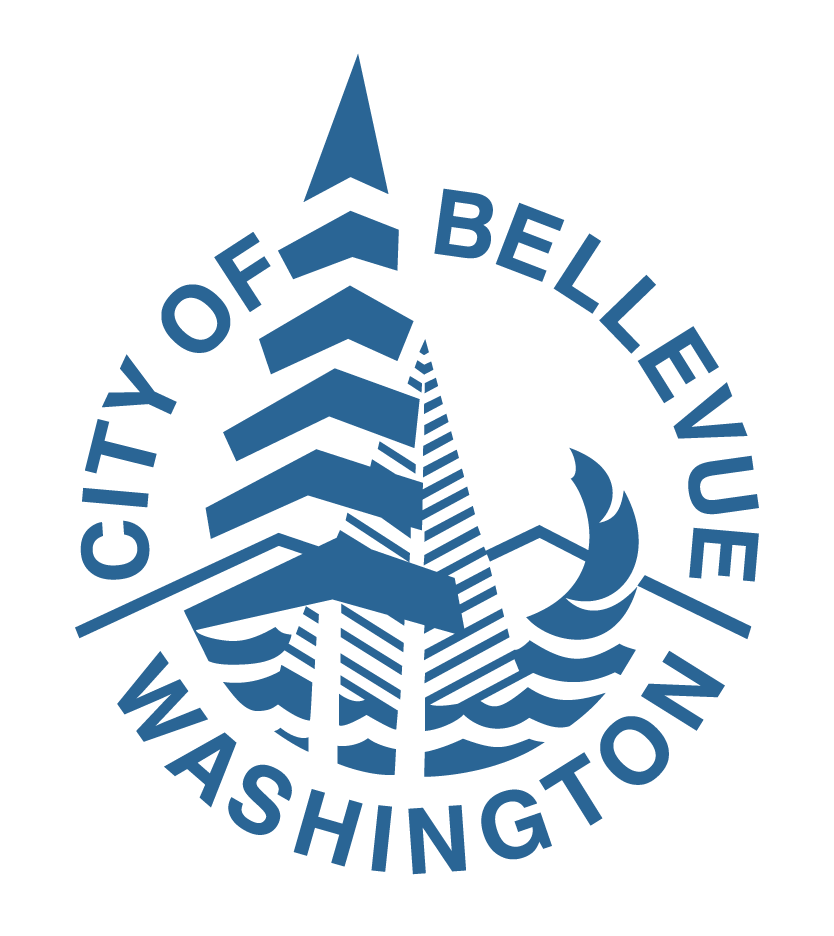Voices of Latin America: An Indigenous PhD Student’s Perspective with ISLA
Navigating academia as an Indigenous PhD student at the University of Washington has been a testament to resilience, determination, and the transformative power of community. The symbolic impact of creating a space for Indigenous students in the academic world comes with its triumphs and challenges.
My roots lie in Oaxacan and Mexican heritage and I identify as both Oaxaquena and Latina. I was born and raised in the Central Valley area of California, known for its rich agricultural landscape. Growing up, I was a part of the Central Valley’s larger Latino population. However, the awareness of my Indigenous identity set me apart early on.
In the familiar confines of my home, being Indigenous was an intrinsic aspect of my identity, a source of celebration, appreciation, and respect. This self-awareness clashed sharply with the perception held by non-Indigenous Latinos and the media. The dissonance between my genuine identity and the external portrayal of Indigenous identity was a poignant and frustrating experience throughout my formative years.
Colorism
External influences, particularly in telenovelas and depictions by non-Indigenous Latinos, paint a disheartening picture. Indigenous individuals, with features similar to mine, were relegated to only roles of maids, servants, or cast as undesirable characters—perpetuating harmful stereotypes that associated darker skin and distinctive facial features with ugliness.
Another layer of the Indigenous experience in Latin America is shaped by economic challenges. Oftentimes growing up with limited resources, these difficulties are deeply ingrained in our stories. The interconnection of these struggles, whether stemming from skewed ideas about skin color or the economic gaps we navigate, presents a nuanced view of our journeys. The effects of colorism and economic struggles overlap, underscoring a common theme that often sidelines our voices in essential policy and political conversations, both in the U.S. and across Latin America. .
Colorism, discrimination based on skin tone, is persistent within the Latino community, adding another layer of complexity to the experiences of many Indigenous people of Latin America.
Recently in 2022, a noteworthy incident unfolded as Nancy Martinez, the president of the L.A. city council, stepped down amidst controversy sparked by an audio recording. In this recording, she made derogatory remarks targeting Black and Indigenous people, referring to Oaxacans as “little short dark people” and adding the disparaging label “tan feos” – “they’re ugly.”
Incidents such as these serve as glaring illustrations of the enduring racism and colorism faced by Indigenous communities, particularly in a city like Los Angeles, which hosts one of the largest Oaxacan populations outside of Mexico. For many Indigenous individuals, these remarks cut deep, echoing a painful familiarity.
“I grew up in a demographic of students that were Mexican, and I feel that’s why discrimination amongst Oaxacans was more visible to me because there was that, segregation,” said Nayeli, the student president of Indigenous Students of Latin America (ISLA) at UW. “Once people knew that I was Oaxacan, then suddenly they changed to me and I feel I just preferred to not tell anybody like my friends that I was from Oaxaca.”
In recounting her experiences, Nayeli’s recollections bring attention to the disheartening realization that these occurrences are not uncommon.
“I remember this one time I was in the lunch line. This was in fifth grade, I think,” said Nayeli. “And this girl was like, ‘oh, my God, I hate Oaxacans. They’re so gross.’ And I was like what? And she was just looking at them eating. She was like ‘oh, yeah, see? They’re eating so gross.’ I’m like, girl, they’re just eating. I was like, ‘I’m Oaxacan’ and she’s like, ‘oh, no, no, no, no. Not you.’ She was a very white Latina.”
Representation in Academia
 Courtesy of Elizabeth
Courtesy of Elizabeth In a society that values whiteness and Western attributes, Indigenous communities have persistently grappled to seek greater visibility and accurate representation in media and other spaces.
One of those spaces is higher education.
There is a lack of representation for Latinos in higher education, and this disparity becomes even more pronounced among Indigenous communities. The journey through the educational pipeline was a vivid reality during my upbringing.
As time passed and my educational journey progressed, the percentage of fellow Latinos in my surroundings dwindled. For Indigenous students in higher education, our numbers drop even more. I rarely saw faces like mine in these academic spaces.
In academia, there’s the prevalent pattern where those from elite and upper-class backgrounds dominate representation and this is reflected in much of current Latino representation, whether as graduate students or faculty, where a significant proportion are of European descent. Furthermore, the media’s portrayal of Indigenous people often leans towards the depiction of us through a deficit lens further perpetuating negative stereotypes.
Despite these stereotypes, as I carve my path in academia, my presence embodies intersectionality. Being a woman of color, first-generation, Latina, and Indigenous is symbolic. My presence here is not just personal; it’s a call to connect with other Indigenous students of Latin American descent by bridging the representation gaps that persist in academia.
Indigenous Students of Latin America (ISLA)
To truly grasp the significance of ISLA, it’s essential to understand the broader context of the University of Washington campus. In a predominantly white institution (PWI) where only 9% of undergraduate students identify as Hispanic or Latino, with an even smaller percentage representing Indigenous backgrounds, ISLA stands out as a vital force in fostering unity and empowerment.
ISLA, the acronym word for Indigenous Students of Latin America, is a student-led organization on campus and was established just last year 2023. The core mission of ISLA is to give voice to Indigenous students, who have been historically underrepresented in various spheres, including student-led organizations here on campus–fostering a community where voices are heard without fear or judgment. ISLA is the first of its kind to be a student-led organization built for Indigenous students of Latin American descent here on UW’s campus.
Discovering ISLA was a moment of joy for me. I stumbled upon the organization on Instagram while scrolling through various student organizations and campus resources. I had never encountered a student organization made up of Indigenous students of Latin American descent before, not even at my alma mater. The realization that such a community existed here at UW was a pleasant surprise, defying my expectations and fostering a sense of connection I hadn’t anticipated.
The first meeting I ever attended was a moment forever ingrained in my memory. As each student took turns introducing themselves along with what they were studying, I found myself in a state of pride that could only be likened to a proud older sister. In that particular moment, when it was my turn to share, stating that I was doing my PhD., the room had a collective gasp. Students exchanged glances and smiles spread across their faces. Their surprise mirrored my own.
Founding ISLA
To dig into the transformative influence of ISLA, I sat down for an interview with the club’s president, Nayeli. Nayeli is a fourth-year undergraduate student attending UW. She is pursuing a double major in Medical Anthropology and Global Health and Human Evolutionary Biology. She grew up in Mount Vernon, Washington, and later moved to Seattle for college.
Unpacking the club’s mission and approach, our conversation kicked off by delving into the roots of ISLA. When I asked her about the driving force behind starting ISLA, she took me back to her middle school days, recounting a formative experience that left a lasting imprint on her. It was in that club where she first felt the power of visibility as an Indigenous individual, a sentiment that continues to shape ISLA’s journey.
“When I was in middle school, there was this club called the Migrant Leaders Club, and it was just targeted towards migrant students who had experience migrating through different seasons to find agricultural work,” said Nayeli. “And a lot of those students were Indigenous students, all mainly from Oaxaca. And that was my first time meeting other students who were from Oaxaca.”
Intrigued by seeing other Oaxacan students, Nayeli recalled. “I feel even though the club was for migrant students, it mainly was also targeted towards Indigenous students and what we have to deal with. And I feel like a lot of that made me feel empowered like I shouldn’t feel ashamed. I shouldn’t feel embarrassed. I shouldn’t have to hide anything about myself. So I feel that’s what kind of made me feel more advocated for Indigenous students.”
“I feel [the club] definitely helped me feel I was a part of something,” she said. “Compared to all of my experiences in middle school or even in high school when I needed to be involved in other clubs with other Latino students. That was the only club that made me feel I was not, like, just in the background.”
Drawing inspiration from the inclusive space of the Migrant Leaders Club, which embraced and recognized Indigenous individuals, she aspired to replicate that sense of belonging within ISLA.
“ISLA is a place where students feel welcome for their Indigenous backgrounds coming from Latin America,” Nayeli said. “We all have things to learn from each other. For me, it’s a way to showcase cultures, people’s traditions, and languages. I feel that’s the type of space that I wanted to build for ISLA. That’s one thing that I first wanted to establish – was the sense of community.
“[In ISLA], I wanted to make sure that people were comfortable with each other first. Because if you’re not comfortable with others, you’re not going to be able to share stuff. You’re not going to be able to be free to express yourself… I also wanted more students to join, even if they weren’t Indigenous, so they can learn about the [experiences] that we have to live through – this is our culture, our tradition, this is how different it is, this is how you can support me, and these are the things not to do.”
Una Isla “An Island”

The acronym ISLA also shares significance in its literal meaning, isla meaning island, in Spanish.
When asked about the symbolism behind the acronym, Nayeli painted a picture: “We’re just a little island and this is a place for all of us. We all share this space and we [are] all able to feel connected, be together.”
Reflecting on the acronym ISLA, I uncovered a unique perspective of my own. The concept of islands – often perceived as remote and tiny specks from a distance – upon closer inspection, you’re met with a profound realization of their beauty and the wealth of untold stories within. Connecting this to Indigenous students, it embodies the desire for others to delve deeper into who we are, recognizing that there’s so much to be discovered by just taking that step. It’s a collective invitation to learn from each of us, a sentiment that makes this background truly beautiful.
The personal connection I share with ISLA emphasizes the transformative power of representation. Serving as a resource, mentor, and guide, I witness the joy and connection that students experience upon encountering someone who looks like them in a doctoral program.
Being part of ISLA means seeing a community of Indigenous students excelling in various fields – from computer science, STEM, law, performing arts, and even pursuing PhDs. It’s not about assimilating; instead, it’s about embracing our cultures, traditions, and languages.
The empowering feeling within ISLA stems from the unapologetic affirmation: THIS is us.

About the Author:
Elizabeth Nova is a first-generation student attending the University of Washington. She is of Oaxacan (Zapotec) and Mexican descent, originally born and raised in California. She is a PhD student in Sociology, doing research in health behavior, information processing, and computational methods. She will be part of the 0.52% of Latina women who have a Doctoral degree in the US.
Elizabeth was a fellow in the 2023 Story Gathering Sandbox, a program that gave four young writers the opportunity to publish an article for our news outlet, Voices.


Our Northwest ethnic cultural communities have stories to tell and we need your support to amplify them! Donate $5 or $10 to help us continue raising the visibility of Northwest cultural community organizations and members. Follow us on social media or sign up for our mailing list to stay up to date on the latest in the Northwest.
